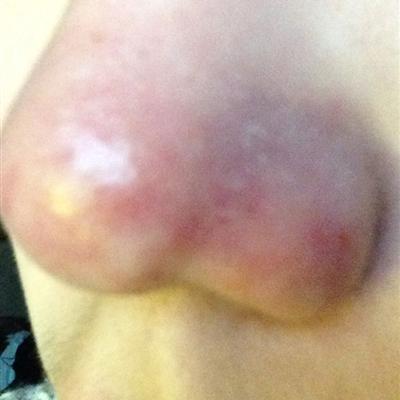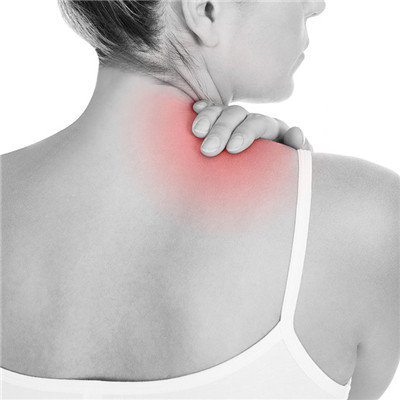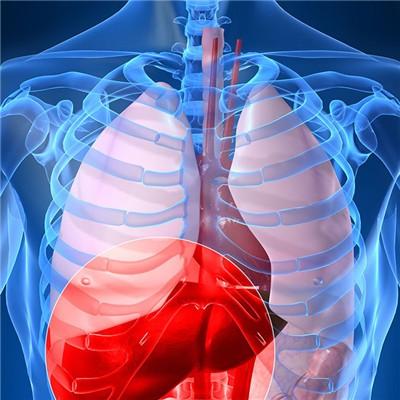The cause of mucopolysaccharidosis?
summary
Mucopolysaccharidosis (MPS), also known as mucopolysaccharidosis, we slowly found that such symptoms are different from each other. It is mainly due to the deficiency of lysosomal hydrolase, which is required for the degradation of mucopolysaccharide (GAG), resulting in the accumulation of a large amount of mucopolysaccharide in the tissue, resulting in skeletal deformity, hepatosplenomegaly, liver cirrhosis, etc Mental retardation and urinary mucopolysaccharide excretion increased and other symptoms. So, in life, we should pay attention to it, the following is specific about the cause of mucopolysaccharidosis?.
The cause of mucopolysaccharidosis?
First, MPs is due to the point mutation, nonsense mutation, missense mutation, deletion, insertion, duplication and other mutations of genes encoding various mucopolysaccharide metabolic enzymes, resulting in various enzyme defects required for the degradation of mucopolysaccharide in vivo, resulting in the disorder of mucopolysaccharide Degradation Metabolism, resulting in the accumulation of various non degradable mucopolysaccharide components in vivo.
Second, there are five main kinds of mucopolysaccharides, including dermatan sulfate (DS), heparin sulfate (HS), keratin sulfate (KS), chondroitin sulfate (CS) and hyaluronic acid. They are the structural components of cornea, cartilage, bone, skin, fascia, heart valve and vascular connective tissue in human tissues. Excessive mucopolysaccharide deposition in the above tissues can cause corresponding organ damage and dysfunction, and excessive mucopolysaccharide can be continuously discharged from the urine.
Thirdly, mucopolysaccharidosis can be divided into 8 types; Among them, mps-i type contains three subtypes, and mps-v type is confirmed to be mps-is type. Among all types of mucopolysaccharidosis, types I and IV are the most common. Except for type II, which is X-linked recessive inheritance, others are autosomal recessive diseases.
matters needing attention
So far, there is no effective radical treatment for this disease, and the curative effect is limited. Therefore, prenatal diagnosis can be carried out for the families of the proband or the mothers of the children with suspected MPs when they are pregnant again, which is of great significance to reduce the birth rate of children with this kind of birth defects and reduce the social and family burden.













